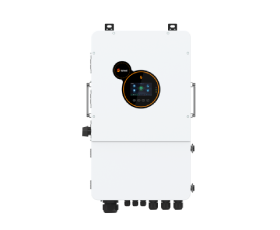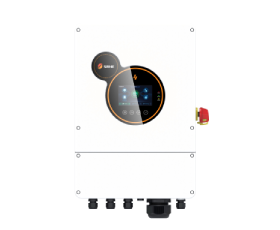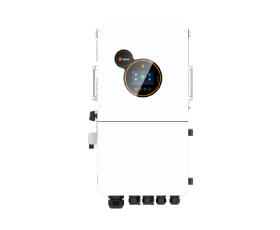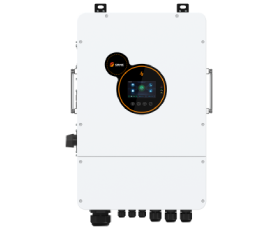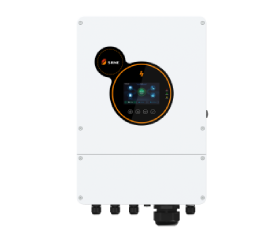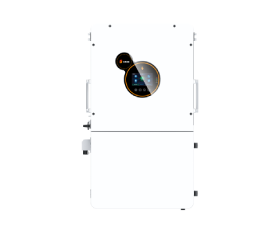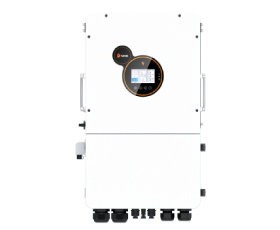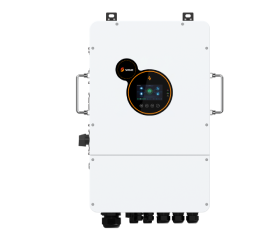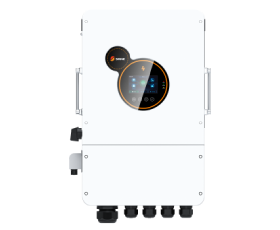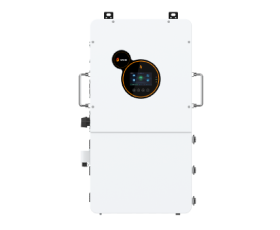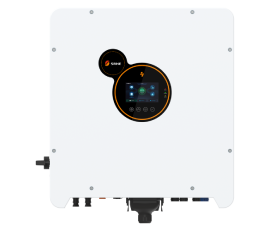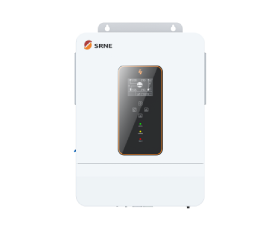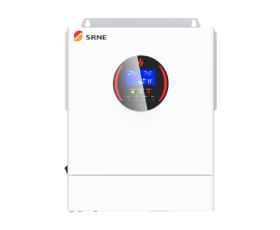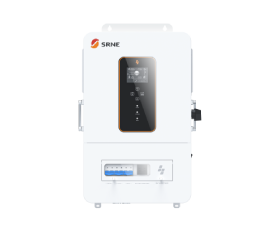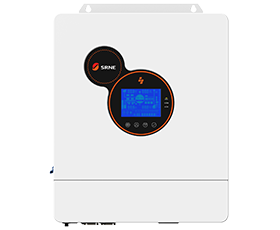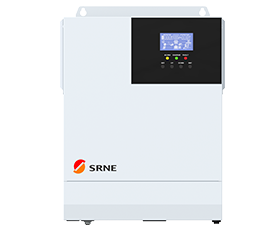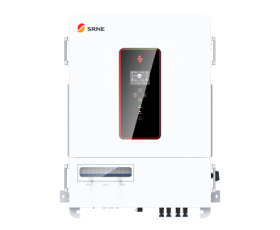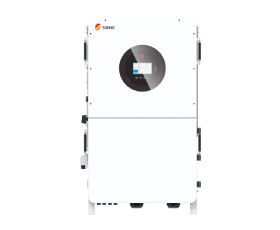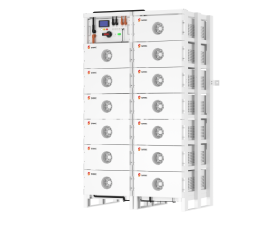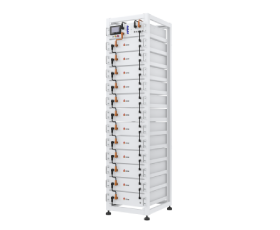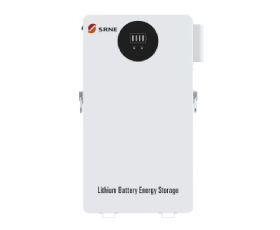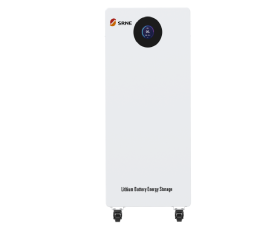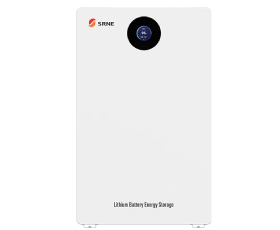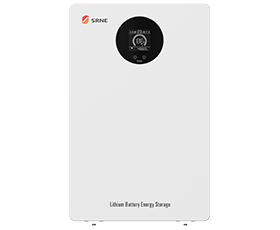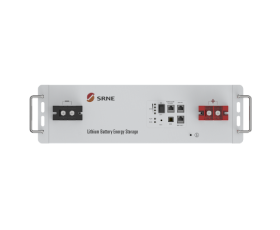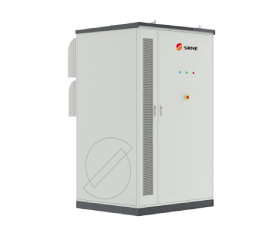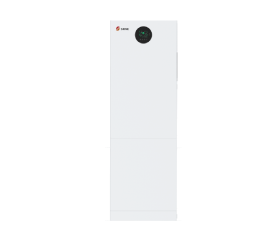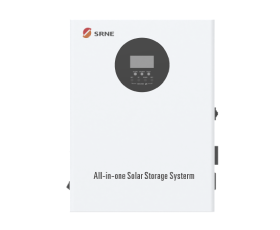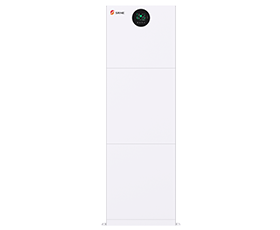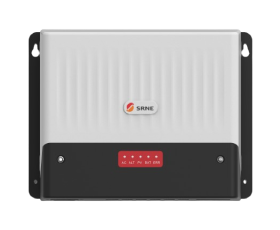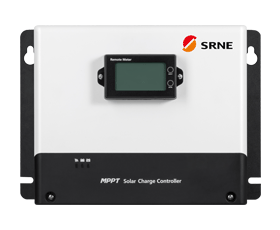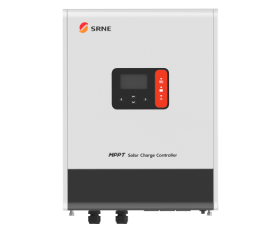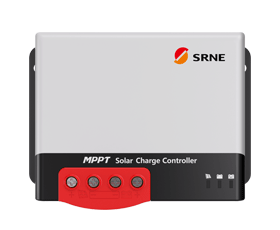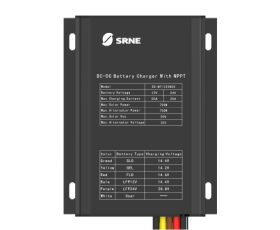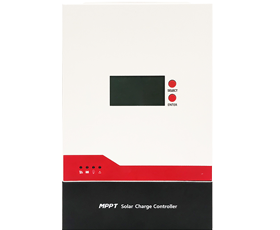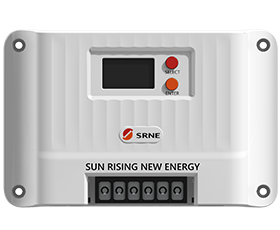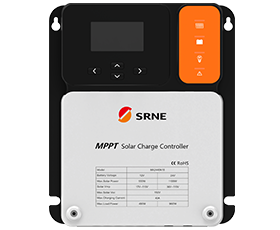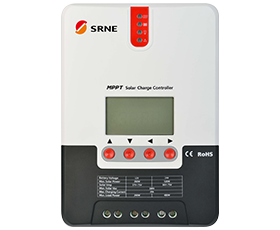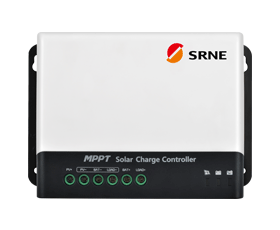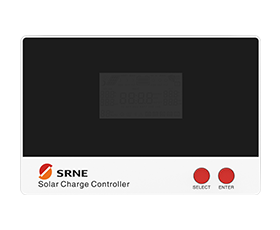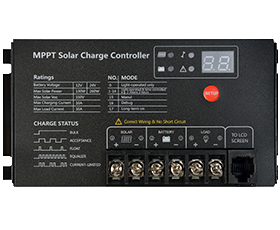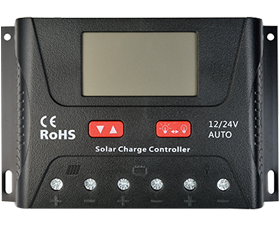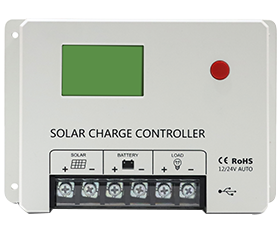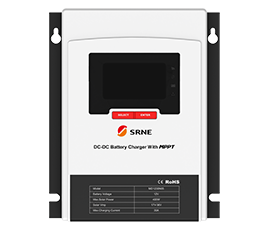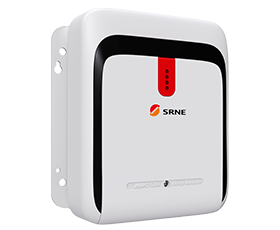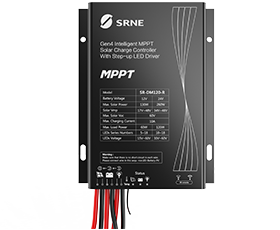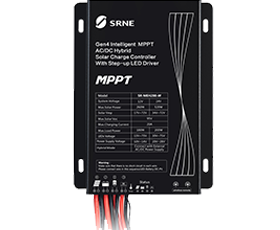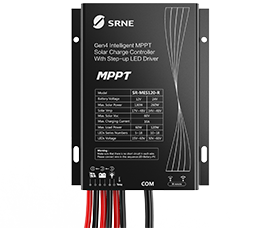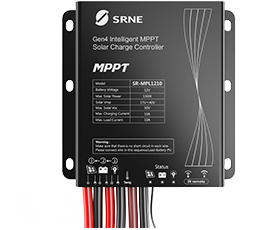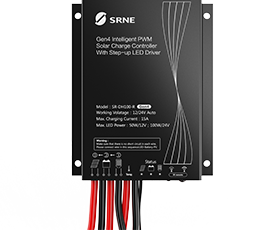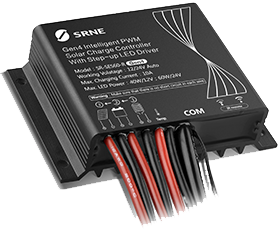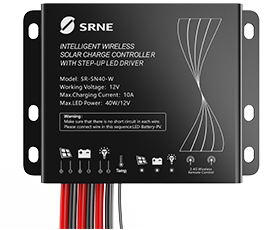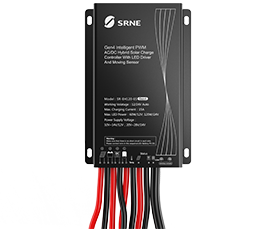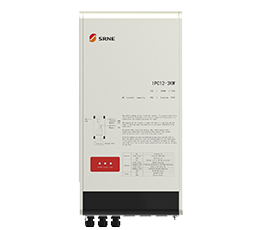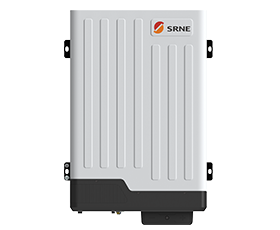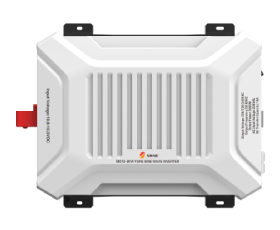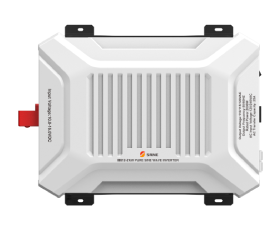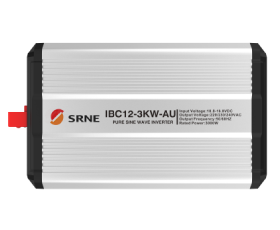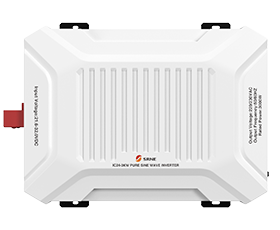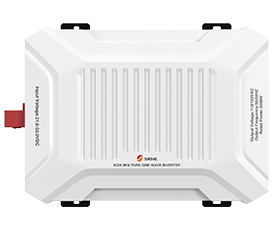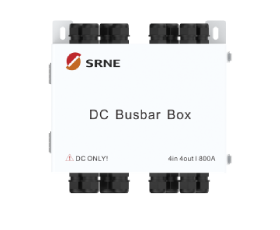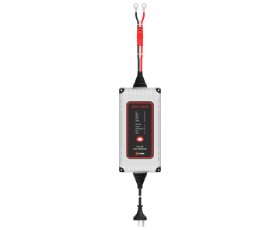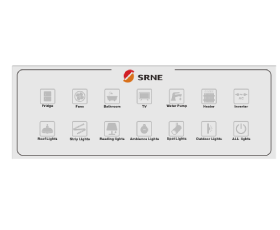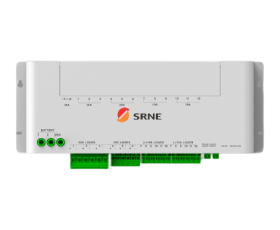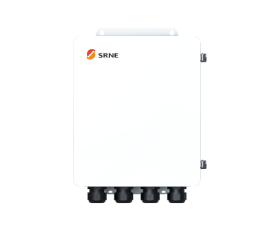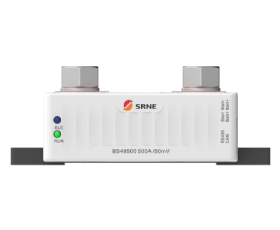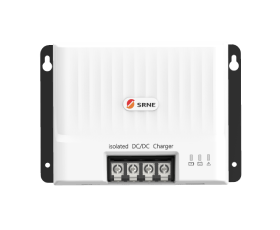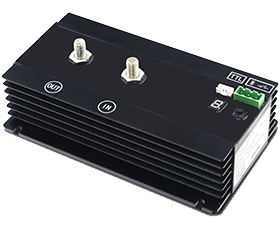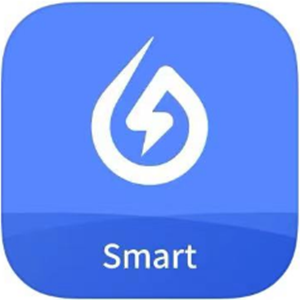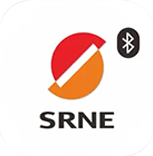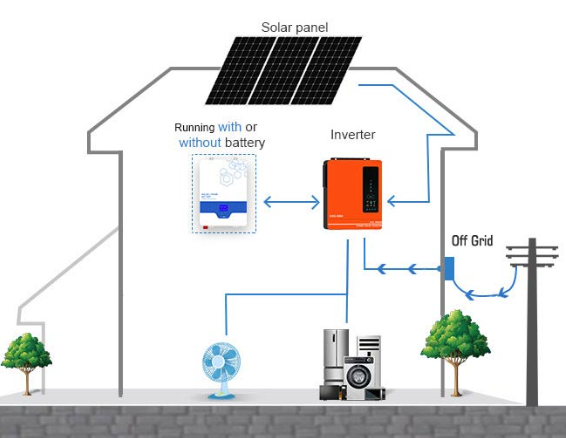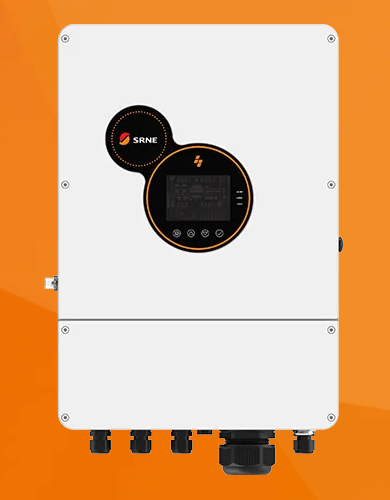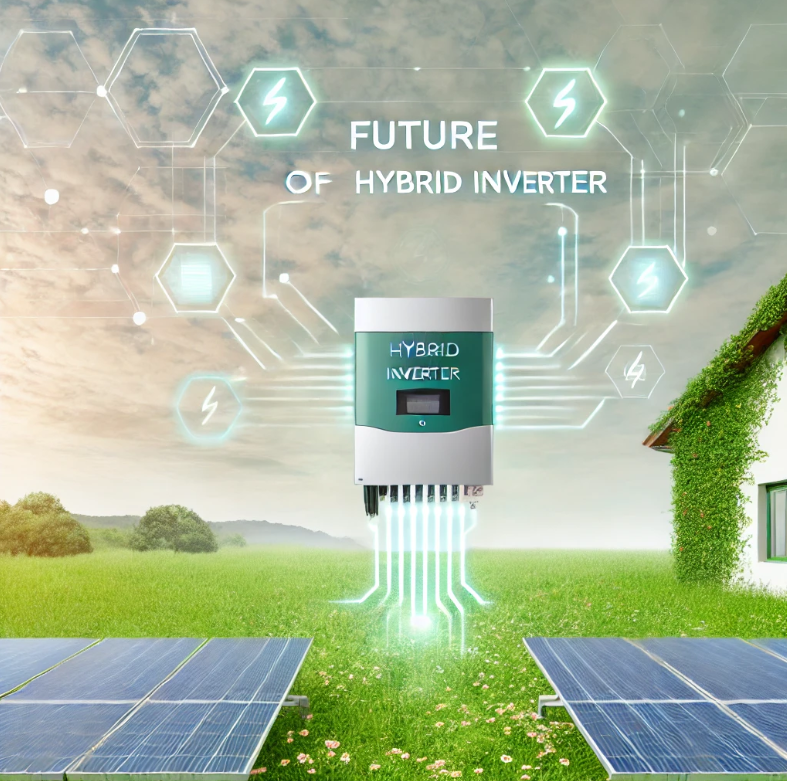How Hybrid Inverters Are Revolutionizing Solar Energy Systems
The global transition towards renewable energy sources has never been more critical. Among the various renewable options, solar energy stands out due to its accessibility and efficiency. At the forefront of this solar revolution is the hybrid inverter—a technological marvel that is transforming how we harness, store, and utilize solar power. This article explores the myriad benefits of hybrid inverters in modern solar systems, emphasizing their ability to seamlessly switch between solar, battery, and grid power. We also highlight the innovative solutions offered by SRNE, a leading company in the solar industry.
Understanding Hybrid Inverters
A hybrid inverter is an advanced device that combines the functionalities of a traditional solar inverter with a battery inverter. It not only converts the direct current (DC) generated by solar panels into alternating current (AC) for household use but also manages energy storage in batteries and coordinates power supply with the electrical grid. This integrated approach allows for smarter energy management, enabling users to optimize their energy consumption and achieve greater energy independence.
How Do Hybrid Inverters Work?
Hybrid inverters intelligently manage energy flows based on real-time conditions and user preferences:
1. Solar Generation: During peak sunlight hours, the inverter prioritizes powering the home with solar energy.
2. Battery Charging: Excess solar energy charges the connected batteries for later use.
3. Grid Interaction: If solar production and battery reserves are insufficient, the inverter draws power from the grid.
4. Feedback to Grid: Surplus energy can be fed back to the grid, potentially earning credits through net metering programs.
This dynamic switching ensures that energy is utilized efficiently, reducing waste and lowering electricity bills.
Benefits of Hybrid Inverters
1. Energy Flexibility and Independence
Hybrid inverters offer unparalleled flexibility by seamlessly switching between energy sources. Users can:
· Maximize Solar Usage: Prioritize solar energy consumption during daylight hours.
· Utilize Stored Energy: Draw from battery reserves during peak demand or nighttime.
· Minimize Grid Dependence: Reduce reliance on the grid, leading to potential cost savings and increased energy independence.
2. Enhanced Efficiency
By integrating solar generation, energy storage, and grid interaction, hybrid inverters minimize energy conversion losses. This results in higher overall system efficiency compared to setups with separate inverters for solar panels and batteries.
3. Backup Power Supply
Hybrid inverters can provide uninterrupted power during grid outages by utilizing stored battery energy. This is crucial for maintaining essential services and appliances, enhancing the reliability of the power supply.
4. Cost Savings
· Reduced Electricity Bills: By optimizing self-consumption of solar energy and reducing peak-time grid usage.
· Incentives and Rebates: Potential eligibility for government incentives, rebates, or net metering programs that reward renewable energy usage.
5. Environmental Impact
Maximizing the use of solar energy reduces reliance on fossil fuels, lowering greenhouse gas emissions and contributing to environmental sustainability.
Introducing SRNE's Hybrid Inverter
As a pioneer in solar technology, SRNE offers a range of advanced hybrid inverters designed to meet the diverse needs of modern energy systems. Their 5kW Hybrid Inverter is a testament to their commitment to innovation and quality.
Key Parameters and Advantages of SRNE's Hybrid Inverter
Parameter | Specification | Advantages |
Rated Power Output | 5,000 W | Ideal for residential and small commercial applications |
Maximum PV Input Voltage | 550 V DC | Supports a wide range of solar panel configurations |
MPPT Voltage Range | 125 V – 550 V DC | Maximizes energy harvest under varying conditions |
Battery Compatibility | 48 V Lithium-ion or Lead-Acid Batteries | Flexibility in choosing energy storage solutions |
Conversion Efficiency | Up to 97.6% | High efficiency reduces energy losses |
Operating Modes | Solar Priority, Battery Priority, Grid Priority, Hybrid Mode | Customizable energy management |
Grid Connectivity | Single-phase and Three-phase Support | Easy integration with existing grid infrastructures |
Protection Features | Overload, Short Circuit, Over-temperature, Surge Protection | Ensures safety and longevity |
Communication Interfaces | RS485, Wi-Fi, Optional Remote Monitoring | Enables real-time monitoring and remote management |
Display | LCD Screen with Touch Interface | User-friendly interface for easy operation |
Dimensions and Weight | Compact and Lightweight Design | Simplifies installation and saves space |
Please refer to SRNE's official product documentation for detailed and up-to-date specifications.
Advantages of SRNE's Hybrid Inverter
· Reliability: Engineered with high-quality components to withstand various environmental conditions.
· Efficiency: Optimized for maximum energy conversion and minimal losses.
· Scalability: Supports system expansion to accommodate growing energy needs.
· Smart Management: Advanced software for intelligent energy distribution and monitoring.
· Safety: Comprehensive protection mechanisms to safeguard both the system and users.
How Hybrid Inverters Benefit Different Users
Residential Applications
Homeowners can significantly benefit from hybrid inverters by:
· Reducing Energy Costs: Lower electricity bills through optimized solar usage and reduced peak-time grid dependence.
· Increasing Energy Security: Backup power during outages ensures essential appliances remain operational.
· Enhancing Property Value: Modern, efficient energy systems can increase the attractiveness and value of a property.
Commercial and Industrial Uses
Businesses and industrial facilities can leverage hybrid inverters to:
· Lower Operational Costs: Reduce energy expenses and improve the bottom line.
· Ensure Operational Continuity: Maintain critical operations during grid failures.
· Meet Sustainability Goals: Demonstrate a commitment to environmental responsibility.
Remote and Off-Grid Solutions
In areas without reliable grid access, hybrid inverters provide:
· Autonomous Power Supply: Complete independence from the grid.
· Cost-Effective Energy: Avoid the high costs associated with extending grid infrastructure.
· Sustainable Living: Enable eco-friendly power solutions in remote locations.
The Future of Hybrid Inverters
The evolution of hybrid inverters is closely tied to advancements in energy storage technologies and smart grid developments. Future trends include:
· Integration with Smart Homes: Enhanced compatibility with home automation systems for better energy management.
· Artificial Intelligence: AI-driven analytics for predictive maintenance and optimization.
· Increased Storage Efficiency: Integration with next-generation batteries for longer life and greater capacity.
· Regulatory Support: Policies encouraging renewable energy adoption will likely boost hybrid inverter deployment.
SRNE is at the forefront of these innovations, investing in research and development to bring the latest technologies to market.
Conclusion
Hybrid inverters are revolutionizing the way we interact with solar energy systems. By combining the capabilities of solar and battery inverters, they offer a versatile solution that meets the demands of today's energy-conscious world. SRNE's 5kW Hybrid Inverter exemplifies the best of this technology, providing users with reliability, efficiency, and advanced features that set it apart in the market.
Take Action with SRNE
Embrace the future of energy by exploring SRNE's range of hybrid inverters. Whether you're a homeowner seeking energy independence, a business aiming to reduce operational costs, or operating in a remote location, SRNE has a solution tailored to your needs. Invest in a hybrid inverter today and take a significant step towards a sustainable and energy-secure future.
Read more Blogs:
The Future of Home Power Inverters: Innovations and Trends You Should Watch
We recognize the pivotal role that home power inverter play in modern energy systems. As the energy landscape evolves, so too must the technology that powers our homes.
Integrating Solar Panels with Home Power Inverters: A Comprehensive Guide
As more homeowners turn to renewable energy, the integration of home power inverters has become essential for optimizing energy efficiency.
Understanding the Different Types of Home Power Inverters and Their Applications
Power inverters are essential devices that convert DC (Direct Current) into AC (Alternating Current), making it possible to use electrical devices powered by batteries or solar panels.




















